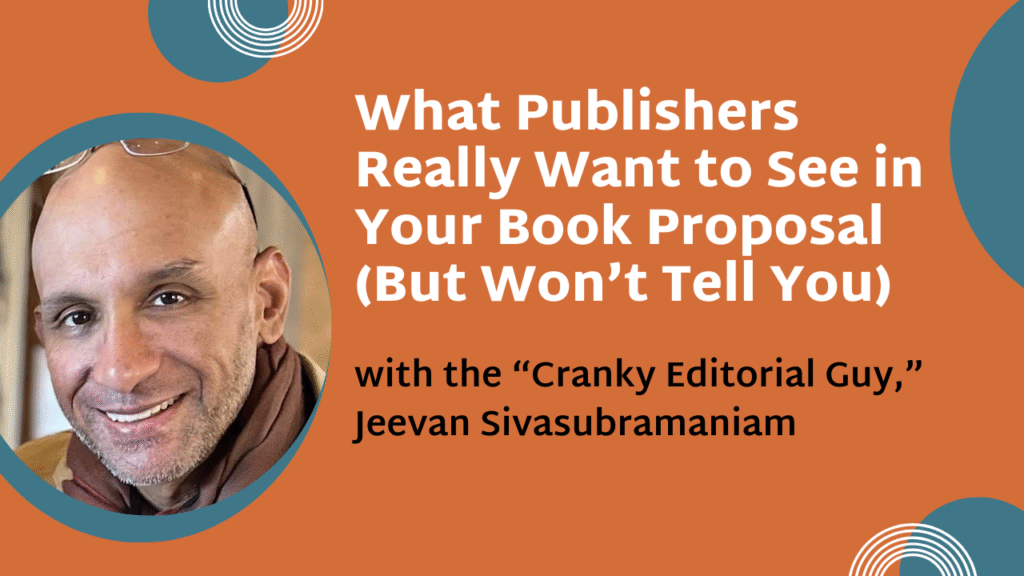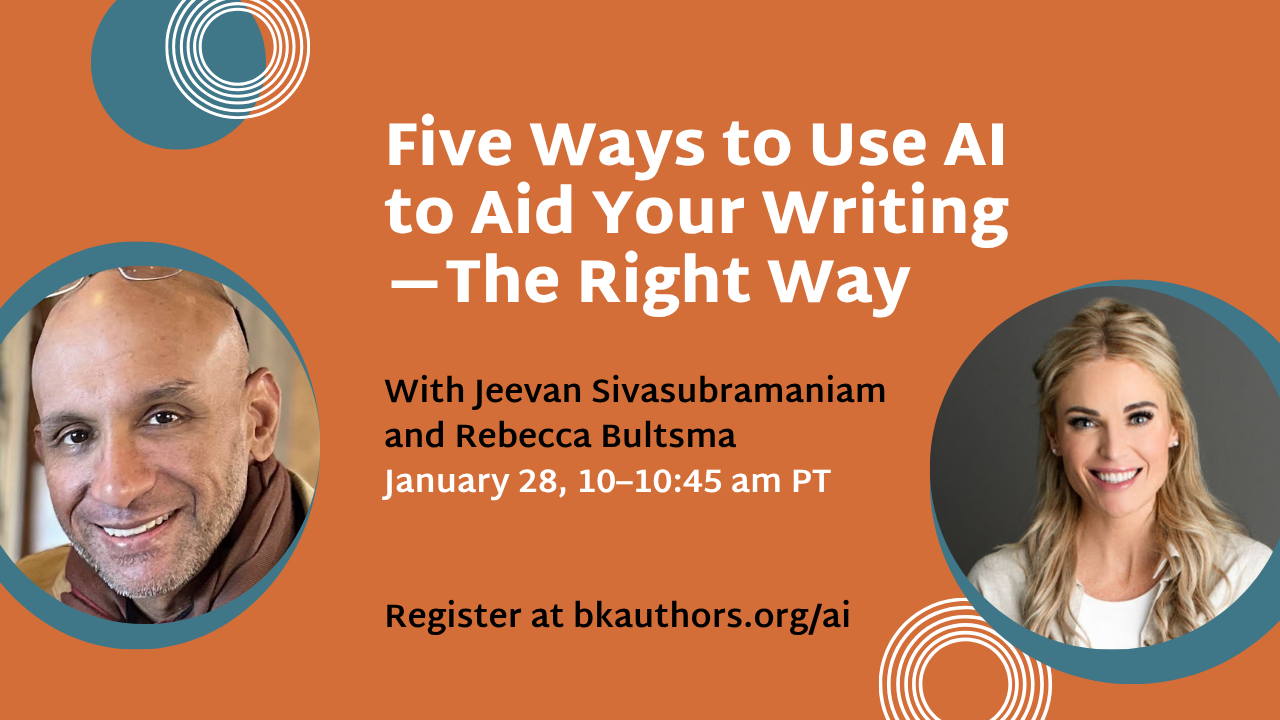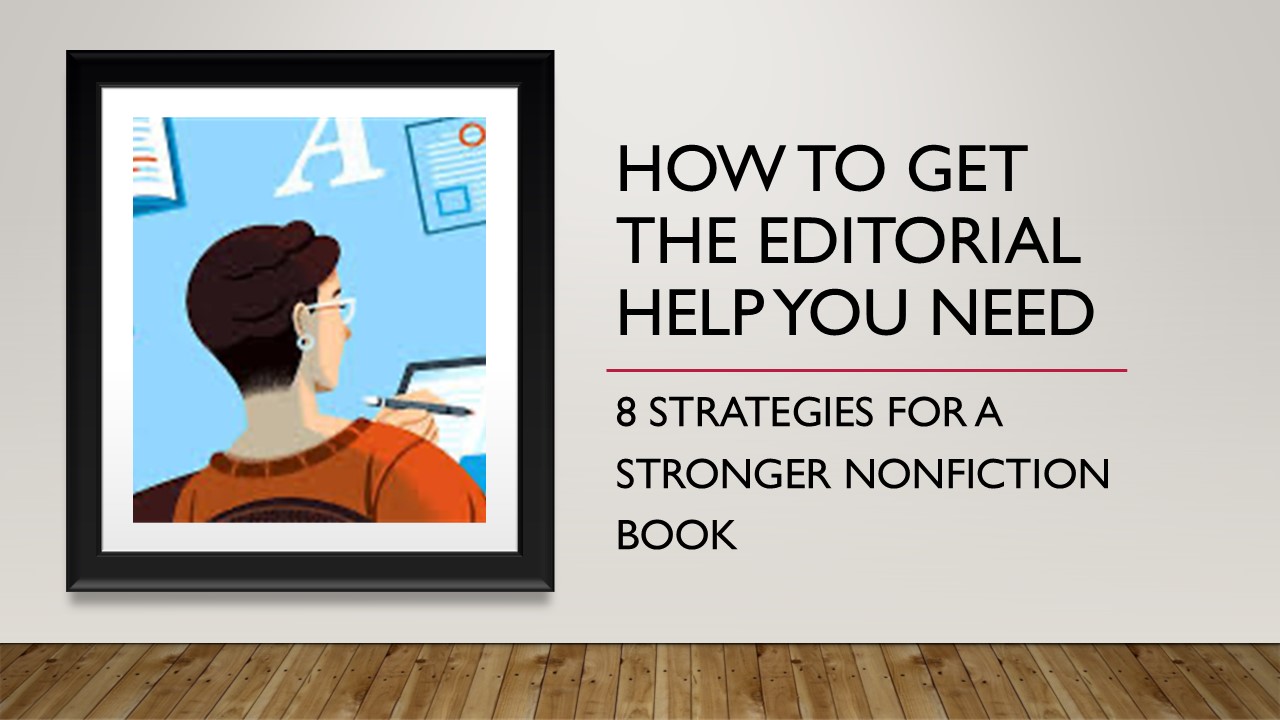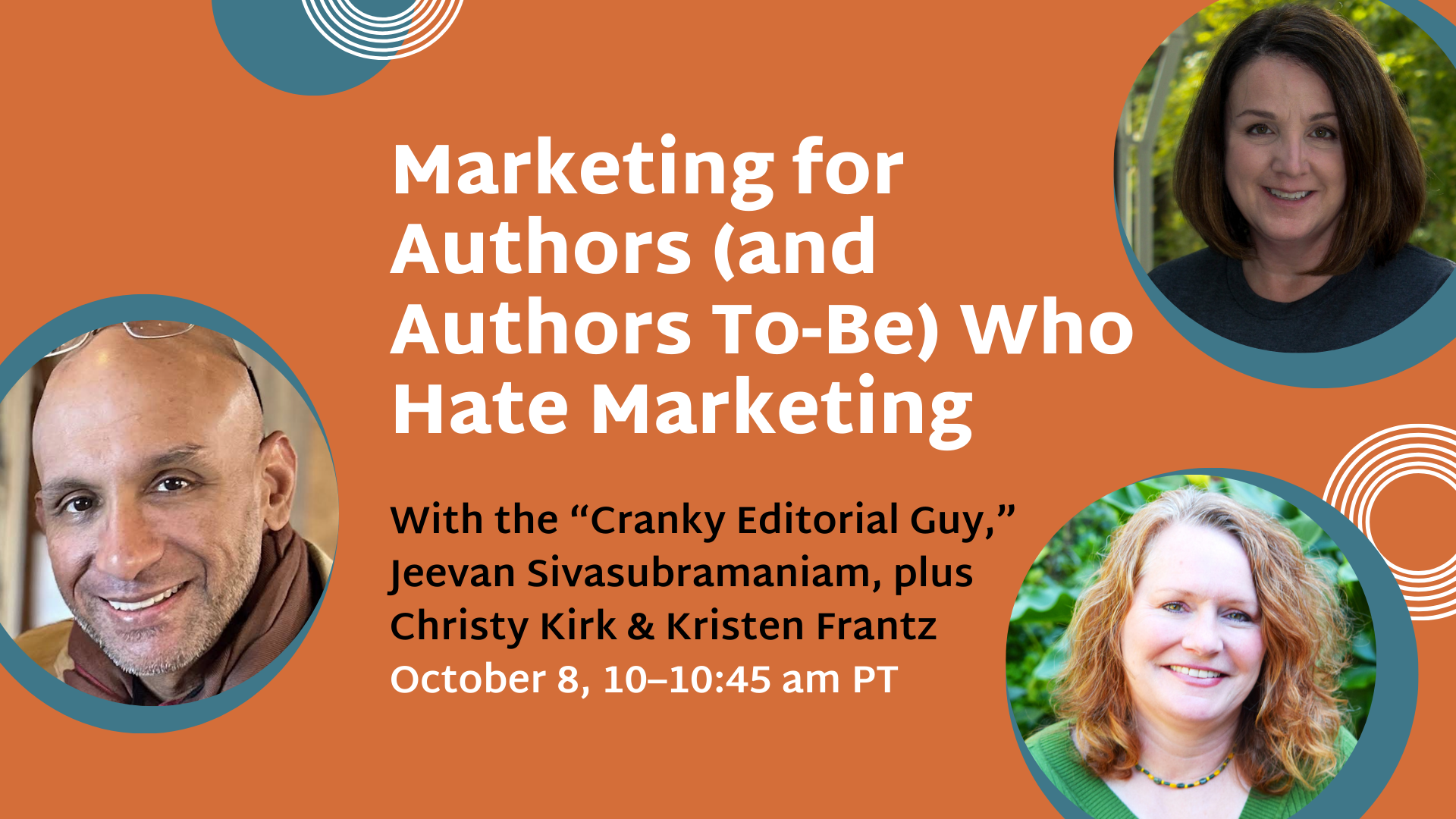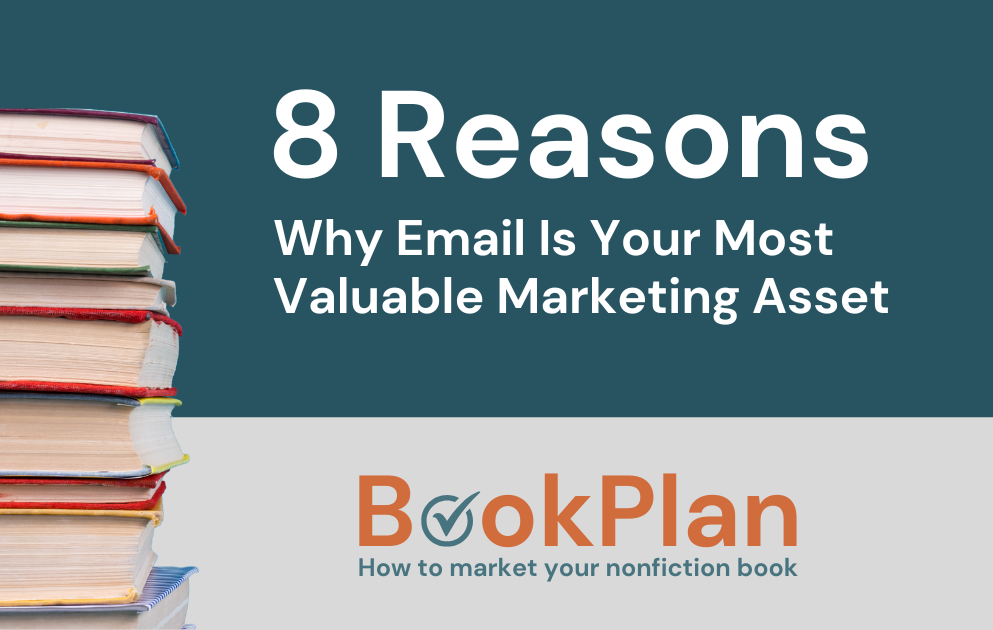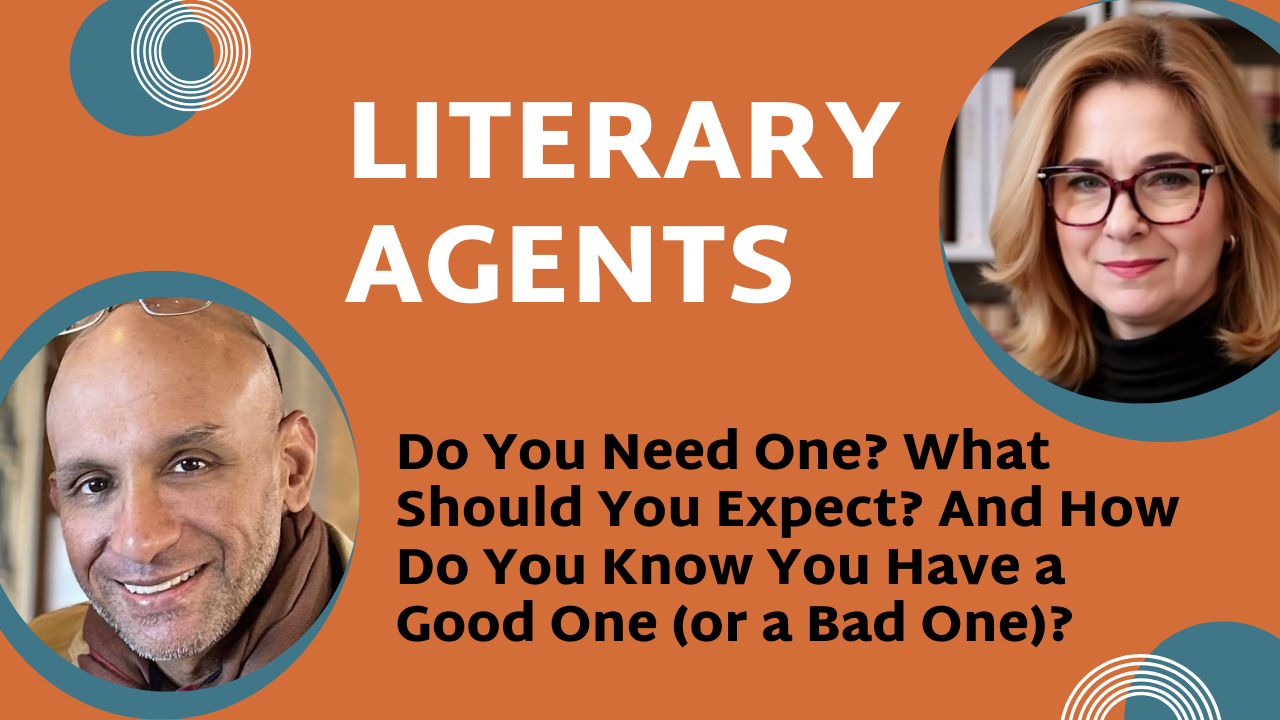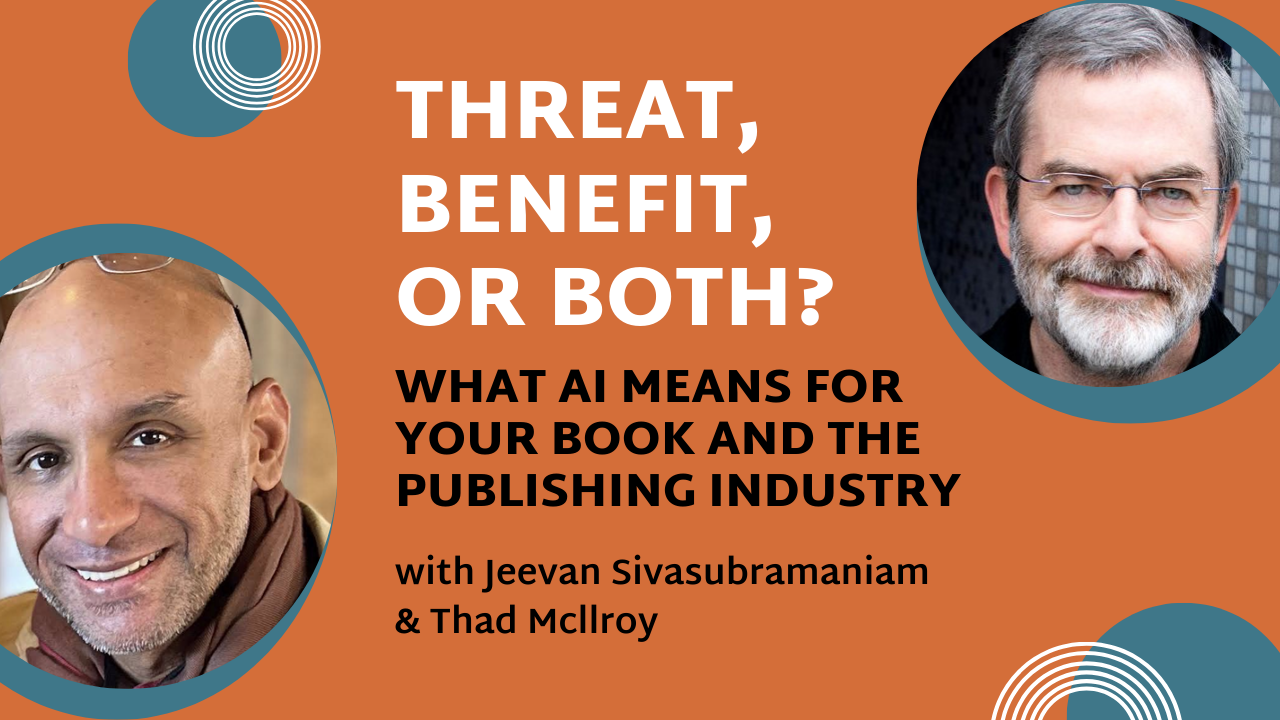All nonfiction book proposals ask for the same basic bits of information, but what are publishers really looking for? What are the words, commitments, and things that make them sit up and take notice and what makes for a damn good proposal?
In this webinar on September 10, 2025, Jeevan Sivasubramaniam (who has reviewed, no exaggeration, over 10,000 or so proposals in his career) took us behind the “standard fluff” of the proposal process to show how to do it right and best ensure you get your publisher’s attention—because following instructions is good, but following them knowing what publishers want to hear is even better.
Nearly every nonfiction proposal asks for the same information:
1. The Elevator Pitch
- Your pitch is a short, concise statement of what your book says, in a nutshell.
- For example, If the subject of the book was about how hidden hierarchies exist even in ”flat” organizations:
- THIS IS A PITCH: The work looks at imbalances in even supposedly “flat” workplaces to show how four “hidden” factors (favoritism, seniority, affability, and departmental function) invariably create a hierarchy of merit and attention, to the detriment of all.
- THIS IS NOT A PITCH: The work looks various structural and social incongruities in workplaces and organizations and addresses how these are formed and fostered through either internal processes or external forces, and how their prevalence results in miscommunications and conflicts that can impact workflow, organizational culture, and…
- For example, If the subject of the book was about how hidden hierarchies exist even in ”flat” organizations:
- Many people try to send their thesis and pitch it as a book. Theses do not make good books. A thesis can’t be turned into an effective book with broad appeal without being stripped down to its bare bones and rebuilt from the ground up.
2. The Need for the Book
- Don’t just say the need. Demonstrate the need beyond the need.
- What is your book saying that other books on the subject have not?
- There are already likely 101 books on the topic that you are writing about, so is there really a need for one more? Instead, focus on the need beyond the need: fill the gaps others failed to see.
- Don’t just say what your unique method is. Everything thinks their method is the best. That’s not proof that your book addresses something everyone else does not.
- Look for the objective holes in the other books rather than the subjective plus in yours
- What did all the other books miss that your book does not?
3. Related and Competing Titles
- When you list comparative and competitive titles, don’t list people like Stephen Hawking, Joan Didion, Patrick Lencioni, Stephen Covey, and Margaret Attwood.
- They are not your competition. You’re not on their league.
- Go find other books that have sold decently well but aren’t super famous
- You can look at how a book ranks in its category on Amazon to approximate how well it has sold
4. A Basic Outline/Table of Contents
5. Your Bio
Eminence is not presence. All your professional and academic achievements really count for very little.
- Han Kang won the Nobel price for literature in 2024. In 2025, as a Nobel laurate, her latest book came out and has sold only 26,000 copies – respectable, but not a huge number considering her “on paper” credentials.
6. Your Current Marketing Reach and Presence
- This is most important because while the publisher can shape and fix the content and structure of the book, they can’t do anything about the platform you have.
- A book does not build a movement; a movement builds a book. You have to be building your platform long before you publish the book. You can’t try to build your platform at the same time you are editing and publishing the book. It’s too short of a runway.
- Data you should include:
- How many times you speak per month nationally to what size audiences.
- Social media following – but engaged followers, not just connections.
- Connections mean nothing if they are not reading, commenting on, and reacting to your posts.
- Partnerships with major organizations and companies for bulk-buys.
- Get bulk-buy commitments IN WRITING.
- Media features and appearances and related writing in major outlets.
- What media hits have you had?
- Provide LINKS!
- Are these media hits recent? Are you still relevant in the field?
- Don’t talk about aspirational wishes. Where do you actually have an “in”?
- Do you plan to hire a publicist?
- Is your platform and your reputation directly related to what you are publishing? If you are an expert in employee retention but are trying to publish a book on
7. Plans for Promotion and Sales
- Map your promotion strategy for the 3 months before your book launch up to 6 months after launch.
- Plan this out week by week.
- Be realistic and grounded in reality.
- Yes, most of these plans are aspirational but needed to be grounded in some reality or have a foundation.
- List places where you have an “in.” Everyone and their mother is sending a copy of their book to the NY Times and emailing the Rachel Maddow Show or trying to speak at TED.
- List the organizations, media outlets, and venues where you have a connection or where you have been featured before. Explain your connection in your proposal.
Additional Thoughts
- Endorsements don’t make the huge difference you think they will. Don’t brag about them.
- Endorsers will rarely actually market or promote your book.
- Berrett-Koehler has had two books with endorsements and forwards written by the Dali Lama. It didn’t make any impact on sales.
- Many famous people have a cottage industry of endorsing dozens if not hundreds of books.
- Many will promise to bulk-buy your book and helping you. Get it in writing.
- They’re not lying. They mean well. But things change. Budget change. People come and go. And more often than not, these soft commitments fall through.
- If this seems mercenary, blame the publisher. “I’m fine with a verbal promise, but my publisher needs it in writing.”
Q&A
- Question: What’s the worst mistake (besides getting the wrong publisher) that you see most often in book proposals?
- Jeevan: The biggest issue is inadequate marketing presence. It’s the one thing a publisher can’t do anything about. Authors focus on what they intend to do rather than what they currently have.
- Jeevan: The biggest issue is inadequate marketing presence. It’s the one thing a publisher can’t do anything about. Authors focus on what they intend to do rather than what they currently have.
- Question: If I have a following already, why not self-publish? What additional value does a publisher provide?
- Jeevan: Traditional publishers offer professional editing, distribution, marketing staff, and subsidiary rights management (foreign language translations, audiobooks). Self-publishing often involves additional charges for each service, potentially costing $80,000-$90,000 versus getting everything included with a traditional publisher.
- Jeevan: Traditional publishers offer professional editing, distribution, marketing staff, and subsidiary rights management (foreign language translations, audiobooks). Self-publishing often involves additional charges for each service, potentially costing $80,000-$90,000 versus getting everything included with a traditional publisher.
- Question: Is there a social media platform that is more important than another? LinkedIn vs. Facebook vs. Instagram vs. TikTok vs. YouTube, etc.
- Jeevan: It depends on what you’re writing about and your reach. Different platforms work for different content types. TikTok has become important for book sales, and Substack has emerged as a significant platform for nonfiction writers and thinkers.
- Jeevan: It depends on what you’re writing about and your reach. Different platforms work for different content types. TikTok has become important for book sales, and Substack has emerged as a significant platform for nonfiction writers and thinkers.
- Question: What do you think about using a publicist to work with you before, during, and post launch? Is that important to put in your proposal that you will make that investment?
- Jeevan: Absolutely. A publicist can make a huge difference by working with the marketing staff at the publishing house. It’s like buying insurance – it may not pay out, but it provides additional support. Results vary widely depending on the publicist and the book’s marketability.
- Jeevan: Absolutely. A publicist can make a huge difference by working with the marketing staff at the publishing house. It’s like buying insurance – it may not pay out, but it provides additional support. Results vary widely depending on the publicist and the book’s marketability.
- Question: I work in a client base that requires confidentiality – so posting on social media makes it tough to speak directly to client success. What I do have is Fortune 50 executive clients who have the potential to buy a lot of books. How do I position this to a publisher in a way that will resonate?
- Jeevan: Be honest with the publisher about the confidentiality constraints, but get commitments from organizations in writing. Reassure the publisher with pre-publication purchase commitments for specific numbers of copies.
Key Takeaways
- Before rushing to publish, take time to build your platform and establish yourself as an authority in your field
- When creating a book proposal, focus on demonstrating your current reach rather than future aspirations
- Get bulk buy commitments in writing whenever possible
- Consider whether your book topic directly aligns with what you’re known for in the marketplace
- If planning to commit to purchasing your own books for speaking engagements, carefully consider logistics and costs
Supplemental Resources and Events
- BK Authors website: https://bkauthors.org – An organization helping nonfiction authors get their message out and build their platforms
- Previous session recording: “Are Editors Even Important or Needed Any More?” https://bkauthors.org/are-editors-even-important-or-needed-any-more/
- Monthly Improvisational Writing Group for authors to build their writing muscles: https://bkauthors.org/event/improvisational-writing/
Related Articles
AI can be a writer’s best ally—or biggest headache. Some authors are using it brilliantly for writing and research, while others are tripping over its blind spots or blurring ethical lines.
Learn from Rebecca Bultsma, nationally recognized speaker, consultant, and AI research expert, alongside your favorite cranky-pants editorial curmudgeon Jeevan, for five sharp lessons on how to make AI work for you—not against you.
Continue Reading Five Ways to Use AI to Aid Your Writing—The Right Way
No one can edit their own book, but there are seven simple strategies for better ensuring you do the right prep to get the best feedback, resulting in a stronger work.
Ever since that childhood debacle with the lemonade stand, there are plenty of nonfiction authors and to-be authors who hate the idea of self-promotion and marketing, so what should they do?
Continue Reading Marketing for Authors (and Authors To-Be) Who Hate Marketing
Email gets much higher engagement than any social media site. You own your email list. Email isn’t going anywhere. It’s one of the last link-friendly platforms. Etc.
Continue Reading 8 Reasons Why Email Is Your Most Valuable Marketing Asset
Agents can figure out if your book will sell, refine your proposal, introduce your book to the editors that are the best fit, and help you ensure you get a fair contract. They can’t work miracles.
Is AI the end of book publishing and authors as we know it? This conversation features Jeevan Sivasubramaniam, VP of Editorial at Berrett-Koehler Publishers, and Thad McIlroy, a published author and journalist, founding partner of Publishing Technology Partners, a contributing editor to Publishers Weekly, a board member at Johns Hopkins Press, and the principal of The Future of Publishing.
Continue Reading Threat, Benefit, or Both? What AI Means for Your Book and the Publishing Industry
